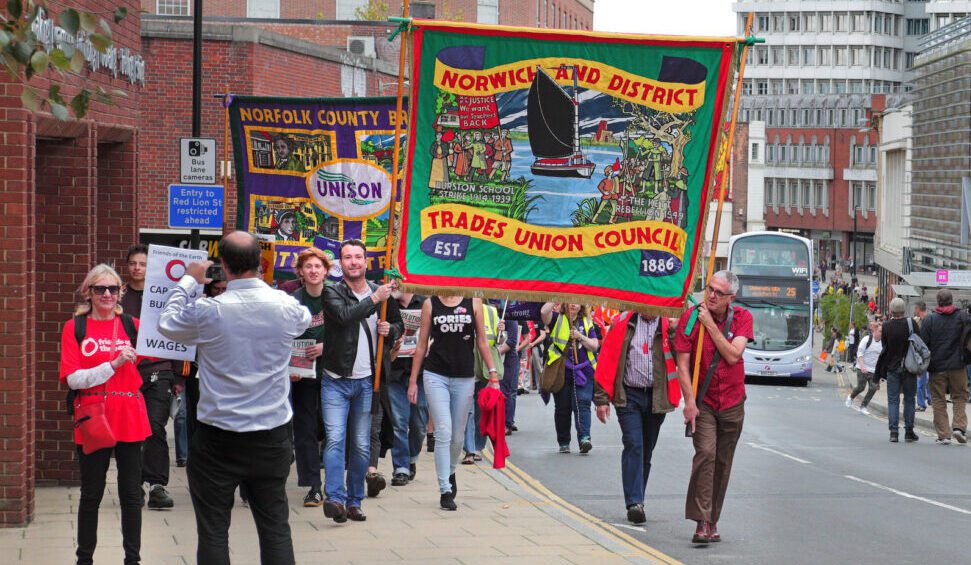
Trade unions are essential for advancing social and economic justice and defending the rights of workers. However, the voices and experiences of trade union members are not adequately represented by the current Westminster system. The prevalence of “safe seats” in Parliament means that MPs may retain their seats for decades, which discourages public participation and reduces the diversity of candidates who can run for office.
The unelected House of Lords also continues to guarantee 92 seats for hereditary peers, almost all of whom are men. Only 6.3% of Lords come from black or ethnic minority backgrounds. The experiences and viewpoints of trade union members, who are frequently from marginalised communities, are not being heard in the decision-making process as a result of the lack of diversity in Parliament.
To ensure that their members and communities are fairly represented in Parliament, trade unions must support proportional representation (PR). With a PR system, which is more democratic and representative, a party’s representation in Parliament is proportional to the number of votes it received during the election. This enables a more diverse and representative body of decision-makers by increasing the likelihood that smaller parties and marginalised communities will be represented in Parliament.
The top democracies in the world for women’s representation all use some form of proportional representation (PR) in their legislatures, making countries with proportional electoral systems generally more representative. PR also promotes strategies for increasing the representation of women, such as “zipping,” in which a party lists alternate genders.
On the other hand, the current First Past the Post system favours the wealthy. Trade union members, who are primarily from working-class backgrounds, are underrepresented in Parliament due to the fact that 29% of MPs have a private education, compared to 7% of the population, and only 54% have attended comprehensive schools, compared to 88% of the population. This indicates that the interests of union members and other marginalised groups are not unlikely to be taken into consideration when decisions are being made.
To make sure that its members and communities are fairly represented in Parliament, trade unions must support proportional representation. Due to the prevalence of safe seats, the lack of diversity among MPs, and the First Past the Post system favouring the powerful, the current Westminster system is unable to adequately represent trade unionists in the twenty-first century. Trade unions can contribute to the creation of a more diverse and representative Parliament that better reflects the interests and experiences of their members and advances social and economic justice for all by supporting PR.
If you believe that our UK Parliament should be more representative of the community it serves, please sign up to support Politics for the Many and our campaign for a fairer voting system